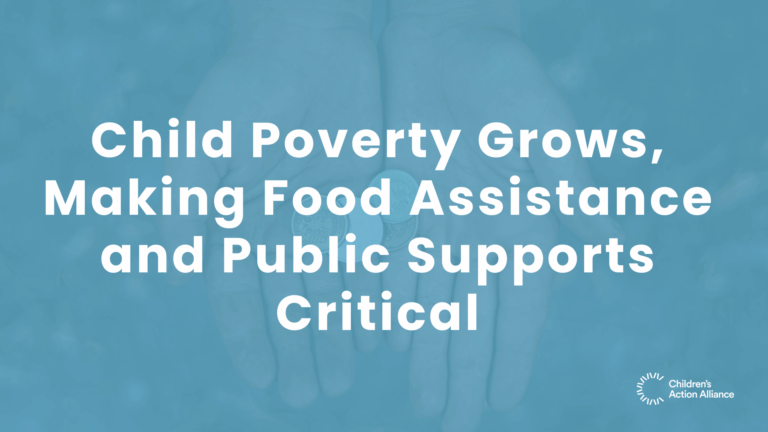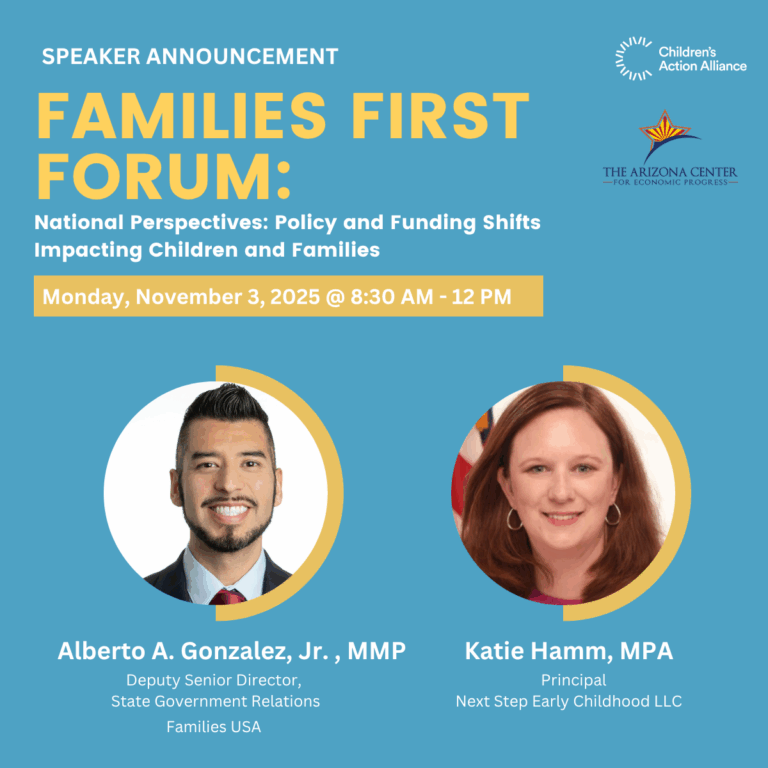
Buying Health Insurance on Healthcare.gov Just Got Way More Affordable
The American Rescue Plan Act (ARPA) was signed into law by President Biden on March 11th, 2021. The Act provided immediate economic relief to individuals, families, localities, states, and Tribal nations. It made significant investments in communities by providing funding for broadband infrastructure, rental and mortgage assistance, and relief for small businesses. And, importantly, it took steps to make health insurance coverage more affordable for more American families. Now we need Congress to make these changes permanent.
The Act makes more people eligible for premium tax credits, which help cover some or all of the cost of health insurance on the Affordable Care Act Marketplace (Healthcare.gov). These credits are capped at the percent of modified adjusted gross income. Under the ARPA, individuals and families earning less than 150% of the Federal Poverty Level (just under $40,000 per year for a family of four) will pay $0 for health insurance purchased through healthcare.gov. In Arizona, 302,000 people are expected to qualify for health care at no monthly cost, including 207,000 uninsured adults. Another 253,000 uninsured adults are likely to qualify for low-cost health coverage under these guidelines.
Arizona Senators Kelly and Sinema have signed on to a letter urging President Biden to prioritize health care affordability. Please take a moment to thank them for their advocacy.
Send a thank you to our Senators
Enhanced premium subsidies aren’t the only important health provision of the ARPA:
- The Act provides financial incentives to expand Medicaid in states that have not yet done so.
- It makes it easier for states to expand Medicaid coverage to birthing people for up to 12 months after delivery. Arizona’s program provides coverage for just six weeks postpartum, a fact that is readily apparent in our state’s high maternal mortality and morbidity rates, especially among American Indian persons.
- It clarifies that the federal government will pay for 100% of Medicaid costs for COVID-19 testing, vaccination, and treatment-related expenses.
- It guarantees that the federal government will pay for 100% of the cost of care delivered to Medicaid participants at Urban Indian Health Centers for two years.
Unfortunately, many of these provisions – including the healthcare.gov premium tax credits – have only been temporarily authorized, and other barriers to coverage persist. Take, for example, the “family glitch” - a faulty definition that determines eligibility for Marketplace subsidies on the cost of employer-sponsored health premiums for an individual but not their dependents. This prevents 124,000 Arizonans from accessing affordable health care. Though President Biden has requested an examination of the family glitch and ARPA expanded subsidy eligibility to higher-income earners, this issue will continue to prevent many people from accessing care until it is fully addressed.
Stay tuned for advocacy opportunities to repair the family glitch and make permanent the ARPA health insurance affordability provisions.




